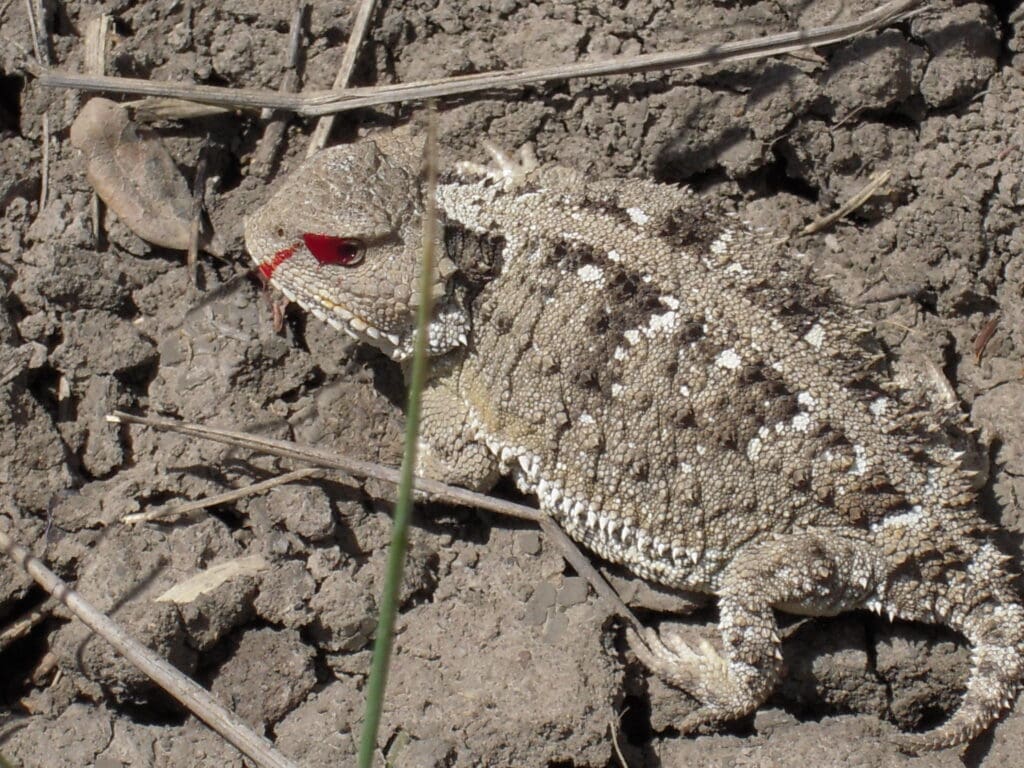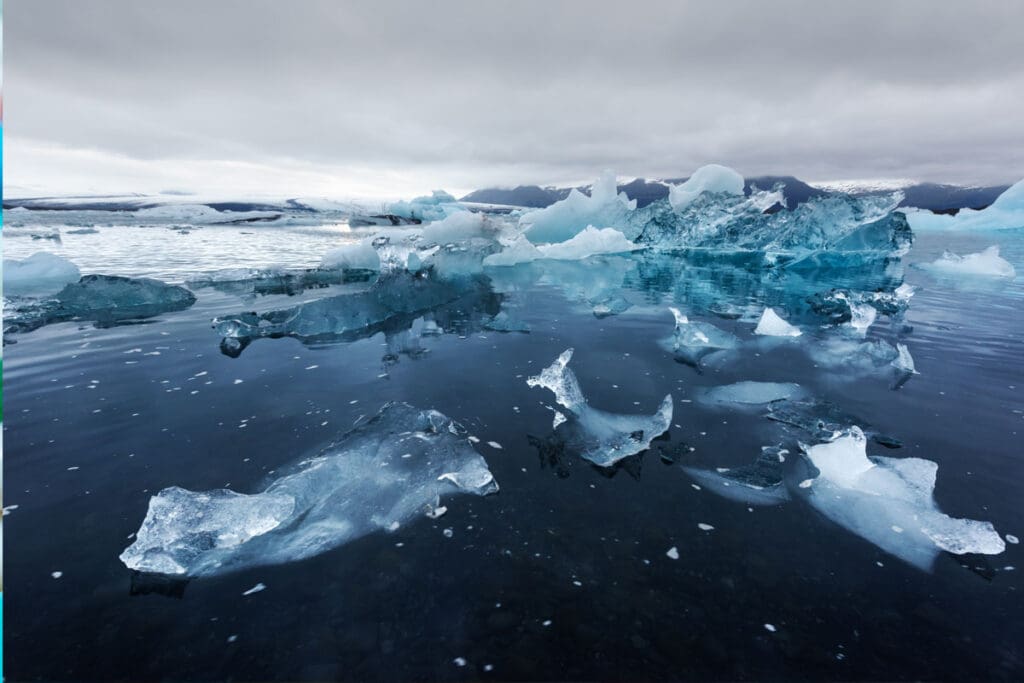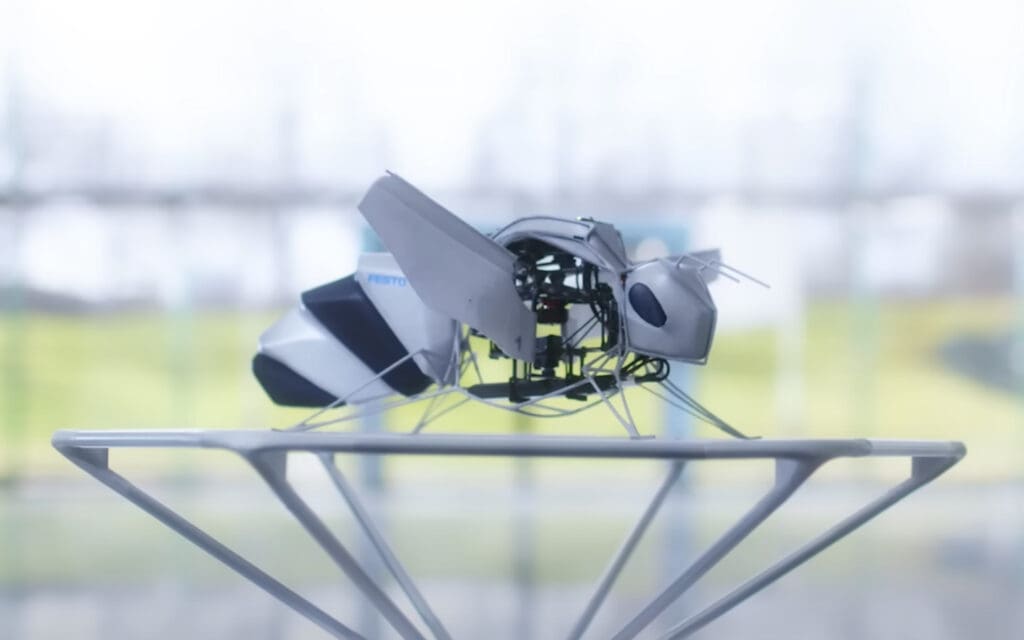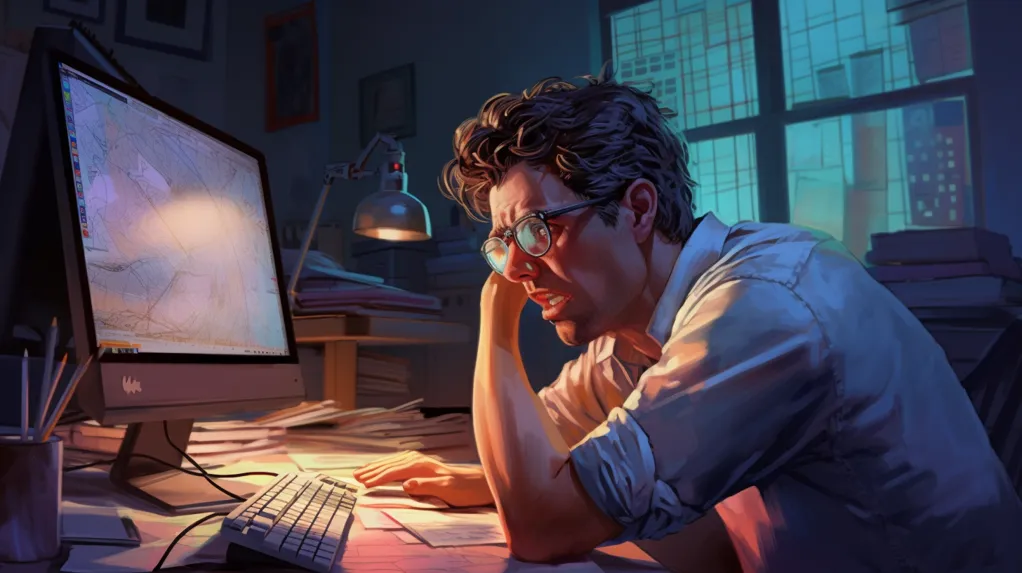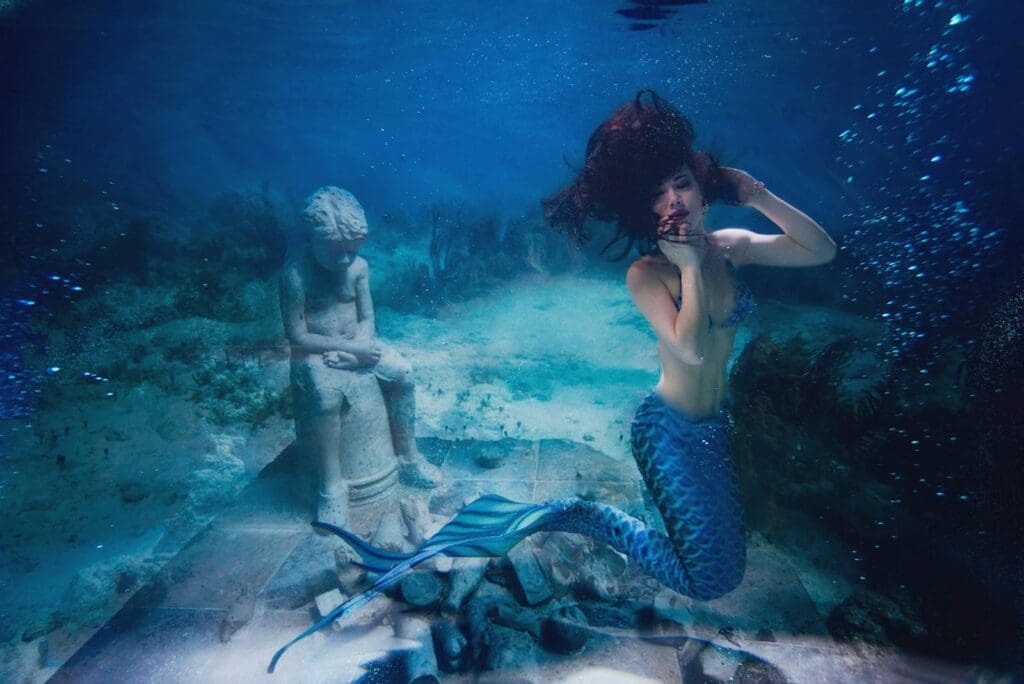At first glance, the Erebus volcano on Antarctica’s Ross Island behaves like any other active volcano. It blasts out plumes of gas and half-molten boulders known as “volcano bombs.” It was discovered way back in 1841 by Captain James Clark Ross, who was on an expedition to survey magnetism in the area. Ross observed the active volcano and named it after one of his ships, the HMS Erebus.
Ever since then, scientists have been studying Erebus, one of three volcanos on Ross Island. McMurdo Station, the largest Antarctic settlement, is located about 25 miles south of the volcano and is staffed by US scientists who have been diligently examining the volcano, looking for evidence of extreme life forms in or around it.
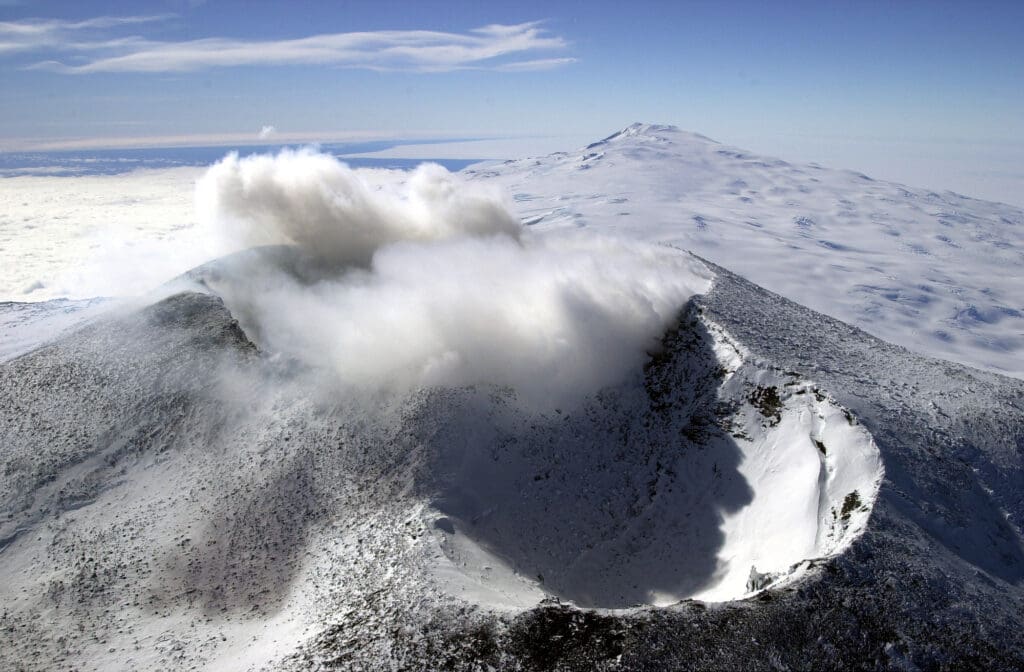
Gold Spray
The most interesting thing about Erebus isn’t the gas plumes or volcano bombs; it’s the gold dust that is ejected alongside the gas. Up to 80 grams of gold per day erupt from the volcano, an amount that would equal around $6,000 in US dollars. That’s about $2.1 million in gold per year.
Scientists studying the composition of the gas and vapor erupting from Erebus have noted traces of gold in the air as far as 600 miles away from the volcano. Unfortunately for intrepid gold seekers, the gold crystals are tiny — smaller than the thickness of human hair.
Unfortunately, the gold riches buried deep within Erebus are not likely to be extractable by man.
Scientists believe the frigid air of Antarctica is keeping the gold from being completely melted down as it would in other volcanos.
The Living Volcano
While Antarctica has 138 volcanoes, Erebus is one of only seven volcanoes on the entire planet that hosts a lava lake. Inside the caldera, the cauldron-like bowl that forms after a magma chamber empties, is a pool of active, bubbling lava. The lake has been erupting since 1972.
“Erebus is a living volcano because it breathes. By looking at the lava lake, we’re actually looking inside the volcano. It’s like having a window in your chest so you could see your heart,” said Philip Kyle, Professor Emeritus at New Mexico’s Institute of Mining and Technology to BBC Earth Science.
Ultimately, scientists aren’t as interested in gold dust as they are in unlocking the secrets of the cosmos. Studying the maze-like gas vents in volcanoes for microbe communities will help scientists understand how life could exist in other normally uninhabitable places, like space.



